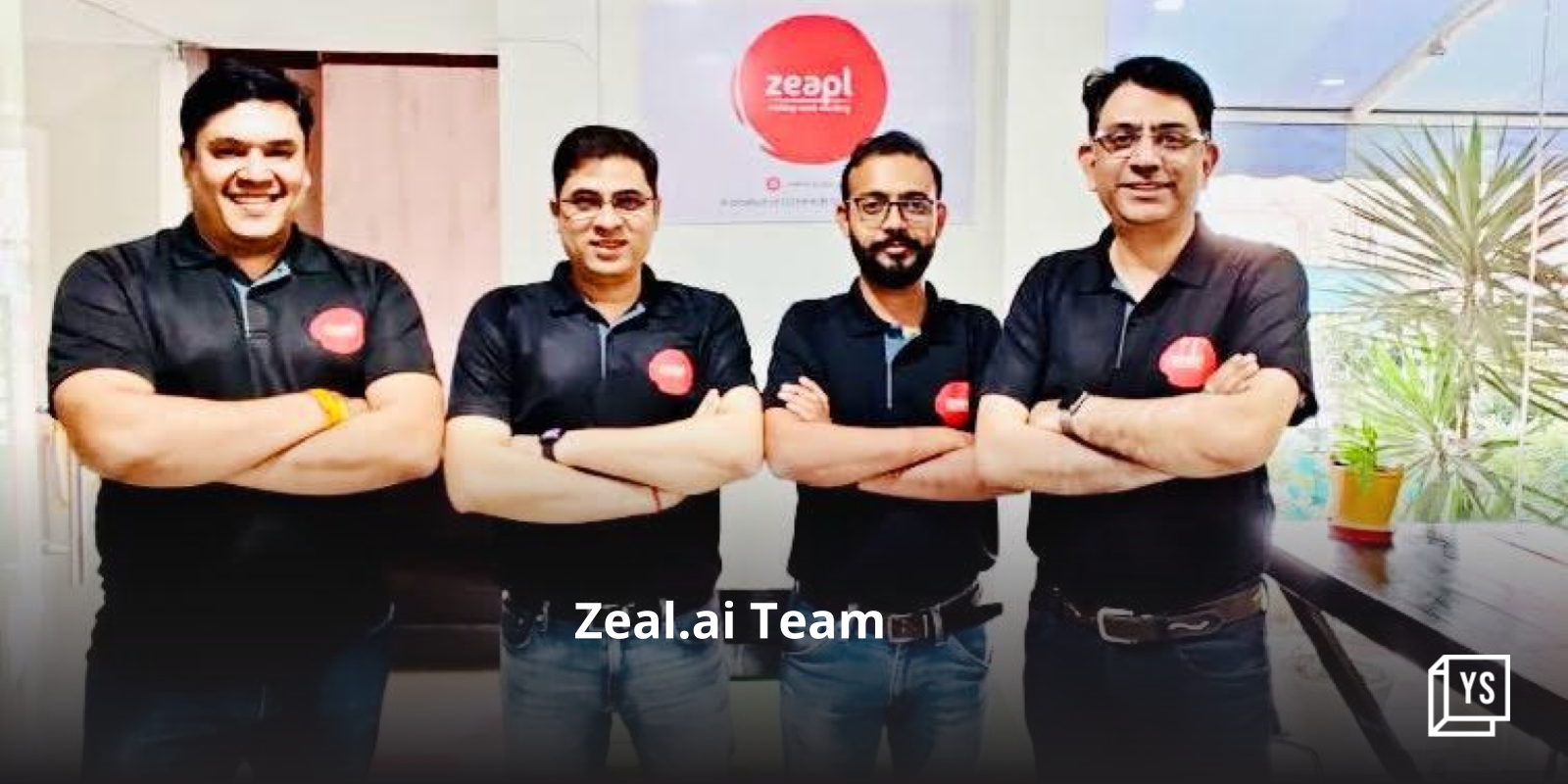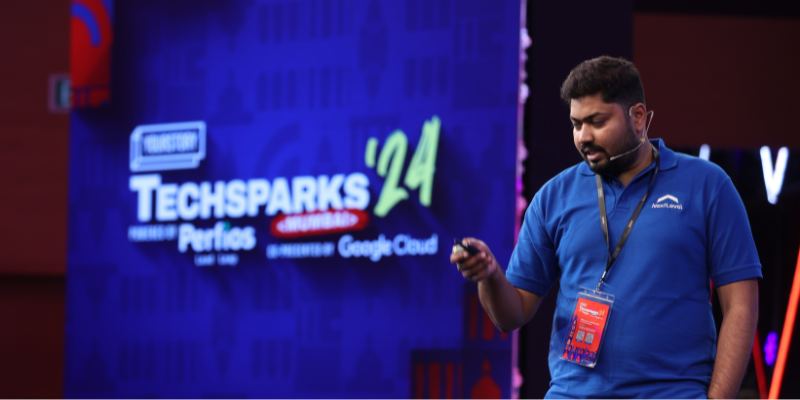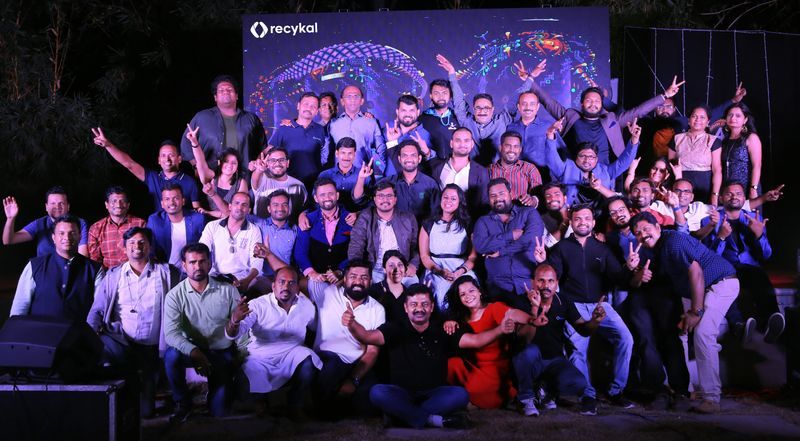What 3 accomplished founders say about cross-border teams?
Varsha Karthi

Wednesday July 30, 2014 , 10 min Read
YourStory caught up with three startup founders who have successfully set up cross-border teams in India and the US and have raised several rounds of funding from marquee investors. We asked them about what it takes to maintain and manage cross-border teams.
Some insights from the interactions:
- Silicon Valley is a good place to find talent easily but it is also fairly expensive. So if there is no specific need to be based there (e.g., a large client, or your investor etc.), you can set up base in a different location
- Irrespective of the location of offices, it is a good idea to incorporate your entity in the state of Delaware given the friendly policies and tax benefits
- Have clarity on what roles you would want in the US and what roles you would want in India. This clarity is the root of hiring right. Also, seed your initial hiring from references and friends’ network – that is the best way to build a strong core rapidly
- For PR, legal and marketing there are numerous firms referenced in this article and in some of our earlier articles about setting up in the US. Reach out to any of them to gain an understanding of the nuances and then engage with them
Below are edited excerpts of the conversations with the founders:
Sanjay Parthasarathy, Founder & CEO, Indix
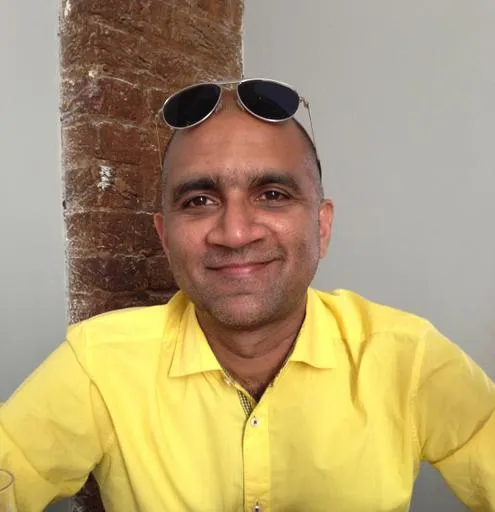
Sanjay spent 19 years at Microsoft. His last role at Microsoft was as Corporate VP of the Startup Business Accelerator, a new division he helped create within Microsoft. Sanjay has a Masters degree in engineering from Massachusetts Institute of Technology and a Masters in management from MIT Sloan School of Management.After two decades in the corporate world, Sanjay ventured on his own. At Indix, he and his team aim to shape the world of product intelligence. Sanjay chose to set up his teams in Chennai as well as Seattle. Indix has raised 3 rounds of funding so far. We talk to him about his experiences of setting up a cross-border team:
YS: How does an Indian startup go about setting up a team in the US?
SP: One of the founders, preferably the CEO, should move to the US. I have lived in Seattle for 20 years. Seattle is a good place to get started. In the Valley, there is a little bit of a bubble, it is very expensive compared to the other places. I am very happy that we have set up in Chennai in India and I am super happy that we have set up in Seattle in the US. We get good people in both these places, they are not jumping around as much as in Valley or in Bangalore, and we get stable folks.
YS: Who are your go-to service providers for legal, PR, marketing, hiring, office space advice etc in the US?
SP: 1) For hiring, start with your personal network. That’s the best source for the first set of hires.
2) For legal, it’s best to get one of the reputable Valley legal teams on board.
3) For PR, start with networking and reach out to desired Press on your own before figuring out which PR agency to work with. The preamble to bringing on a PR agency is needed to work out what your goals are and that will accelerate if you are your own PR agency for a short while.
4) For office space, there a lot of shared office services available now and that is a good way to get started.
YS: What are the challenges you have faced while going about this? Perception challenges, hiring challenges, fundraising challenges etc?
SP: Hiring is always the hardest and most challenging issue. It’s the CEO’s sole responsibility to hire right. Which is why I suggest that the CEO moves to the new location. I believe everything else is secondary and just takes time.
YS: What are the advantages of having a cross-border team?
SP: Having a cross border team needs a purpose. If the customers are outside India then a cross border team makes sense. If a technical resource is only available outside India then a cross border team makes sense. Otherwise, there is no need for it.
YS: As an Indian entrepreneur, how easy or difficult is it to close sales / bag users in foreign markets?
SP: Making a sale in the US is a reasonably straightforward case of value to the customer. So the focus is on the product or service.
YS: What is the India/US breakup of your team?
SP: We are 40 in India and 15 in the US.
YS: What can we learn from each of these markets?
SP: At this time, it’s easier to build the engineering team in India and then go to markets outside (of course, this assumes that your product is intended for customers outside India). Such an approach works well if the primary customer is a business, since in the US they seem to be more open to taking risk than enterprises in India.
YS: What next for Indix?
SP: The next few months is about scaling up business and teams. We are focusing on products and value. We have raised 3 rounds; we’ve got at least one or two more to go.
Sonal Puri, VP Marketing & Alliances, Aryaka

Aryaka was founded in 2008 with a simple mission in mind: to make WAN and Internet connectivity better for the distributed enterprise. Aryaka delivers application and network performance for the globally distributed enterprise for better collaboration, communication and business productivity. Aryaka eliminates the need for costly WAN appliances or long-haul private links. Aryaka has offices in Bangalore as well as Silicon Valley, we caught up with Aryaka’s first team member Sonal Puri.YS: How does one go about setting up a team in the US from India?
SP: The Silicon Valley is a melting pot of people from different origins. Some numbers claim that 30-40% of new companies being funded here have one or more founders of Indian origin. Besides, people stay touch with their college friends and batch mates from India as well and tend to start companies with them.
YS: Who are your go-to service providers for legal, PR, marketing, hiring, office space advice etc in the US?
SP: This varies depending on the type of company. We have a PR agency we work with and some consultants for various marketing tasks in addition to my own team based in India. Most such providers are found through referrals from trusted advisers.
YS: What are the challenges you face while going about this? Perception challenges, hiring challenges, fundraising challenges etc?
SP: In a startup, everything is a challenge and all decisions are a learning experience. Hiring talent, scaling the team without chaos, measuring performance, replacing the lower performers, incentivizing the stars, understanding the strengths and weaknesses of the product, knowing when one wins and what to stay away from, raising money and more. And through all this, growing the revenue and keeping the customer happy. That part of it is especially important for Software as a Service companies -- we fall into that category being a cloud network delivered as a service worldwide.
YS: What are the advantages of having a cross-border team?
SP: Huge advantages besides cost. Fresh perspective, great talent, great education and most importantly, continuous coverage leading to tremendous productivity. The team is on 24/7 and projects get completed faster.
YS: As an Indian entrepreneur, how easy or difficult is it to close sales / bag users in foreign markets?
SP: Sales is never easy. With certain products, it may be easier to get users but to get true enterprise IT revenue is very challenging. Once a business is established in enterprise IT, it creates tremendous value for its customers and shareholders.
YS: How big is your team now? Can you share the India/US breakup?
SP: Companywide we are at 200+ people. Majority of the team is in India across all functions including sales, marketing and more. The US is the primary R&D team as well as the outbound sales team.
YS: How are these two markets different? What can we learn from each market?
SP: The two most important differences is regarding the employee base and the customer base. India employees bring different skills to the table in comparison to the US team. At the same time, India based customers are more demanding in many ways and slower to adopt innovative IT services.
YS: What are some interesting anecdotes that stay with you from your journey of scaling up your venture?
SP: Many! Customer delight. Sales success. To give you a brief sketch of our milestones: first customer, first 10 customers, first 100 customers, employee awards, celebrations, birthdays, anniversaries @ Aryaka -- memories and anecdotes are based on all these events.
YS: How have existing investors helped you in this journey?
SP: We have received tremendous support from existing investors. You need them to be believers in your business through the ups and downs. At the end of the day, the management team needs to believe in each other, trust and share in the journey. Investors believe in the people they fund, the market they see growth potential in and the barrier to entry for other players.
Girish Ramdas, Founder & CEO, Magzter
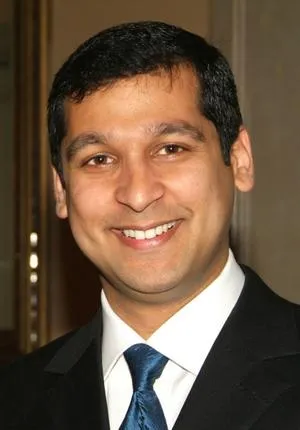
Girish Ramdas is the Co-founder and CEO of Magzter, a New York based startup that has been making waves in the global digital publishing business. In just 2+ years, Magzter has crossed 18 million users from more than 200 countries with magazines and books from more than 1000 publishers worldwide. Girish has over 18+ years of experience in this industry. He has his offices in Bangalore and New York. We talked to him to get his insights on setting up operations in the US.YS: How does one go about setting up a team in the US from India?
GR: You need to first set up a Delaware Corporation. It’s a very simple process and everything that you need is available online. You don’t even have to go there. It would cost about 150 dollars. It will take you a day to do this. Entrepreneurs should check out their site. You have to begin by doing a name search of your company, if no one else exists, you can claim the name and go ahead and register https://delecorp.delaware.gov/tin/GINameSearch.jsp
YS: Who are your go-to service providers for legal support?
GR: We hired a legal firm in New York called Fred Law; they are very startup friendly as well. Many legal firms charge anywhere between 500-1000 dollars an hour. But there are also many firms that are excited to work with startups and because they are directly working with the founders, they expect the firms to grow and stay with them for business. So you can really negotiate on price with them.
YS: As an Indian entrepreneur, how easy or difficult is it to close sales / bag users in foreign markets?
GR: It’s always better to have local people for sales because they connect with the locals at a more personal level, they understand their likes and dislikes, so I would suggest to have an American sales team if you are setting up offices there. So my sales team in the US is all American. There are many good consultants who can help you hire.
YS: What are your observations regarding L1 visa?
GR: We had an immigration lawyer who helped us to make a case for L1. It is not easy to get an L1. Usually, if you have raised capital from good investors, it becomes easier to get L1. There are certain revenue targets that you will have to meet to make a case for L1.
Are you a founder looking to set up operations in the US? We hope you found this useful. Write to us with any further feedback or questions.







